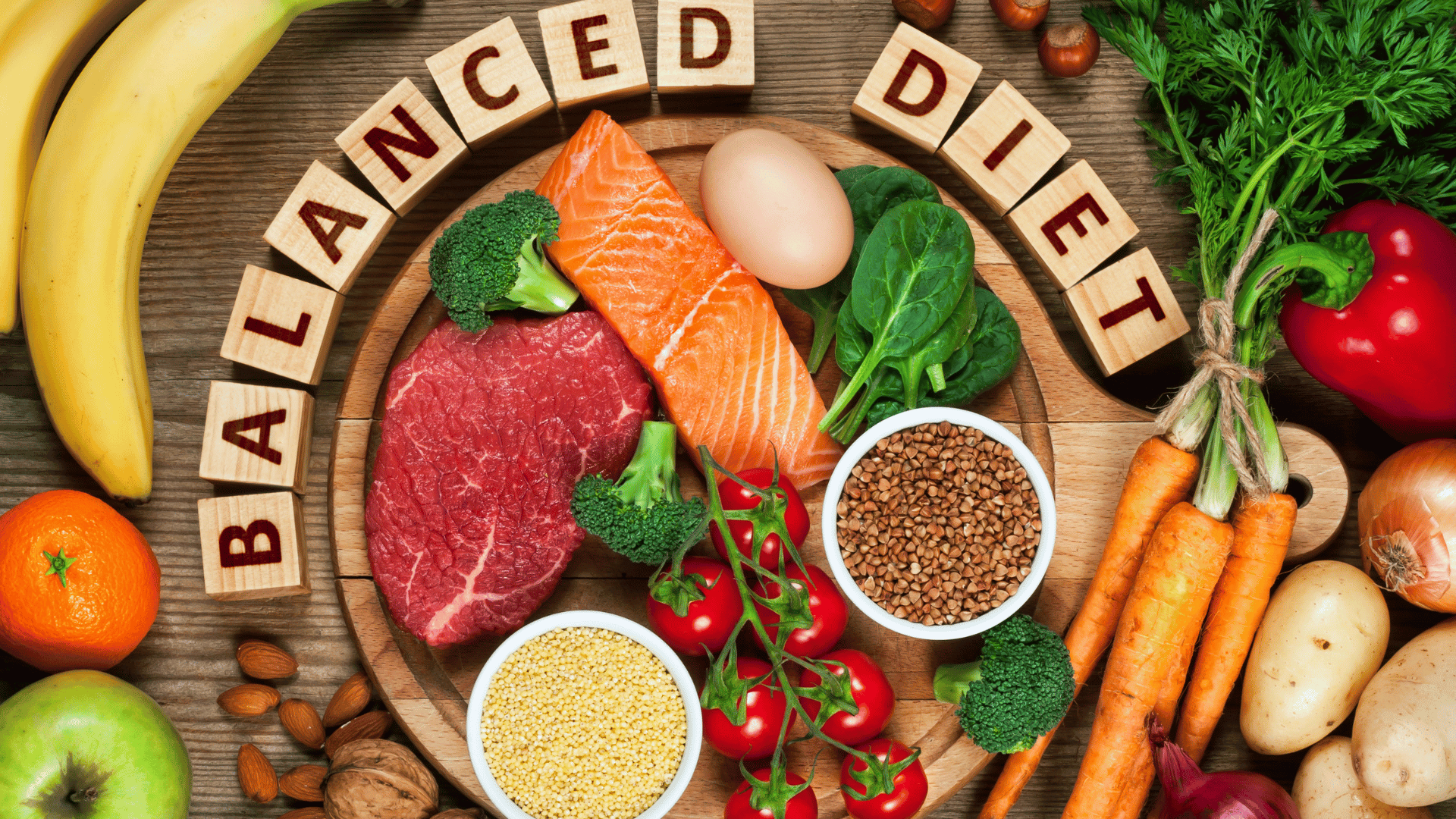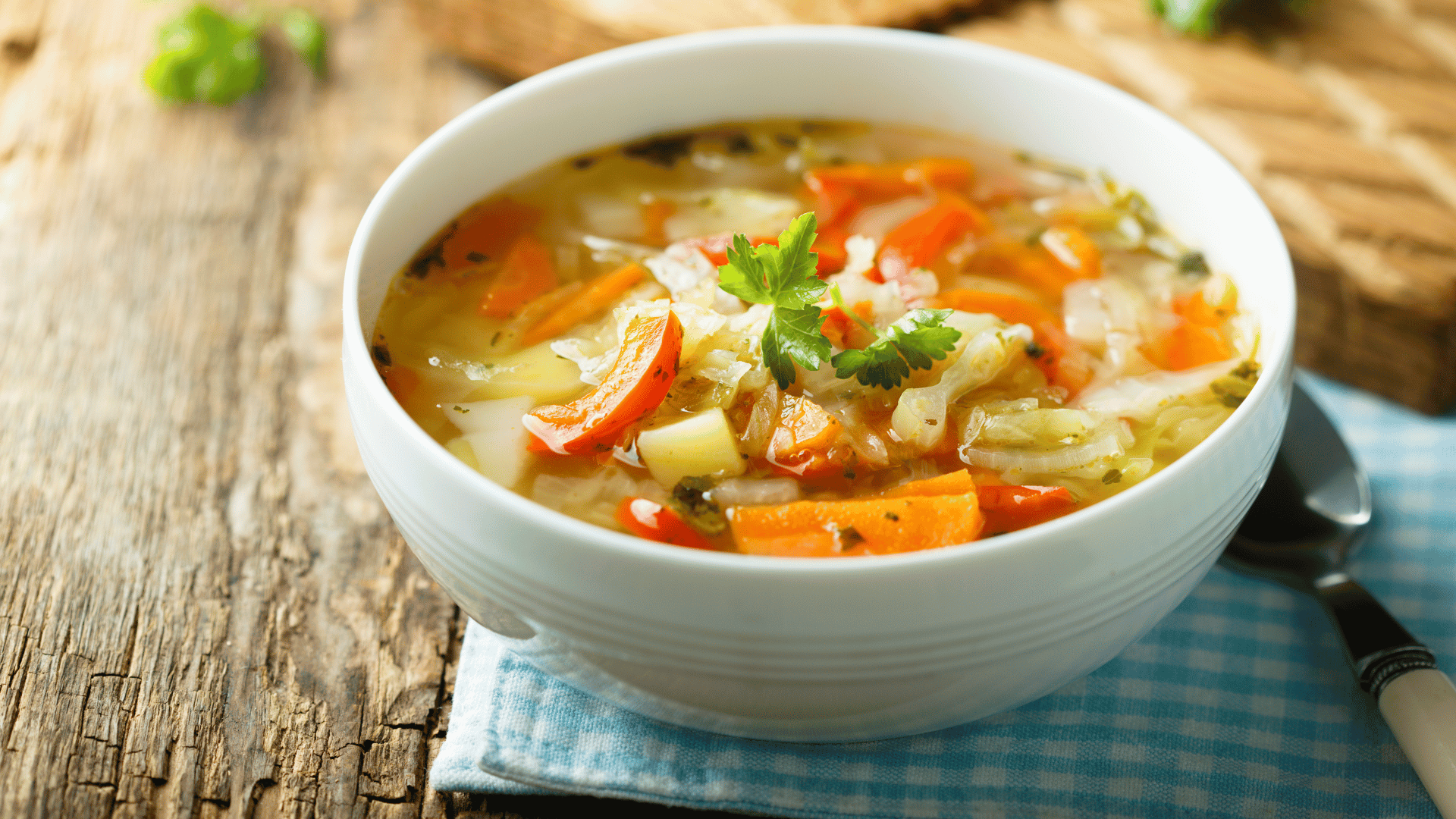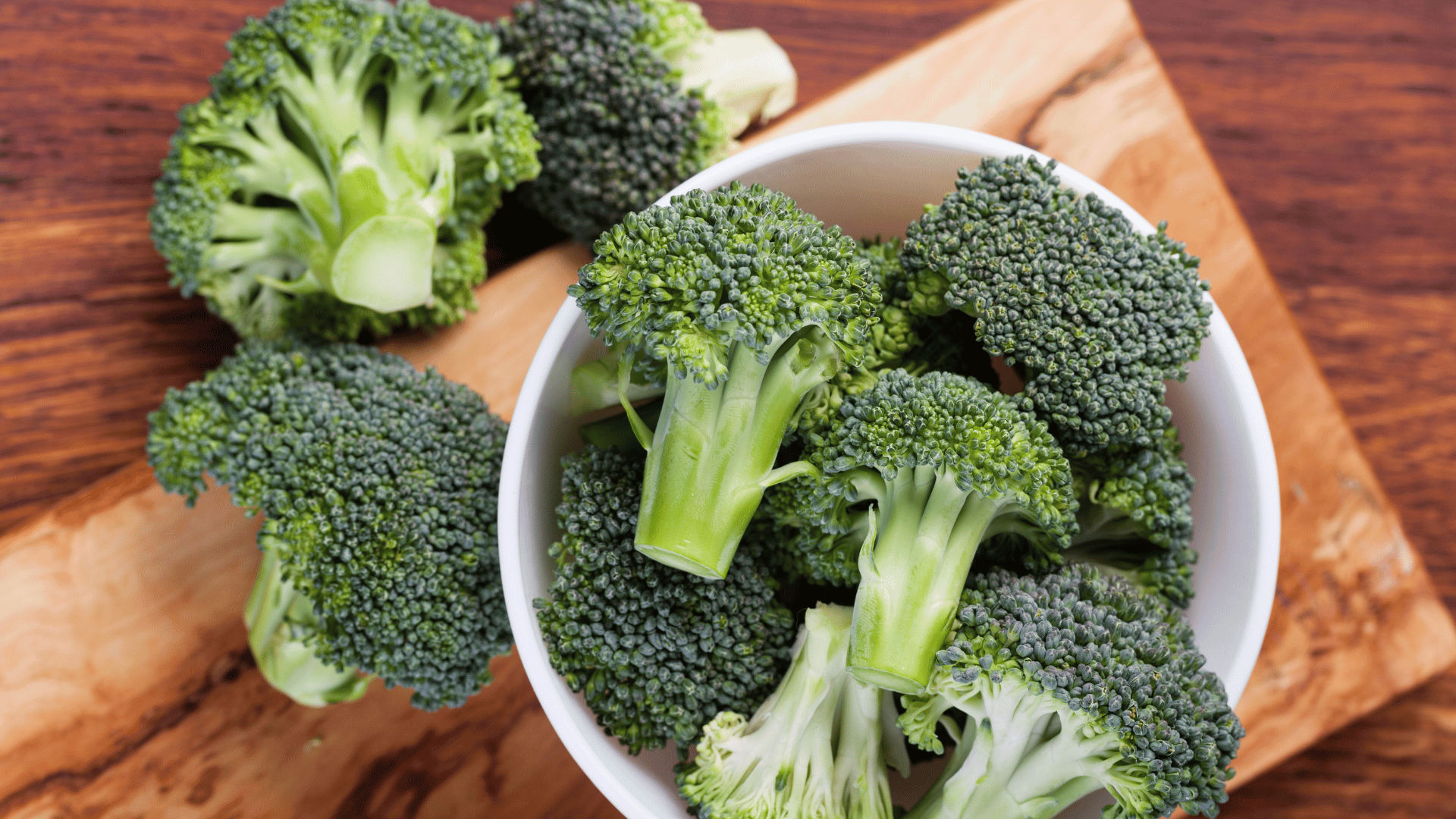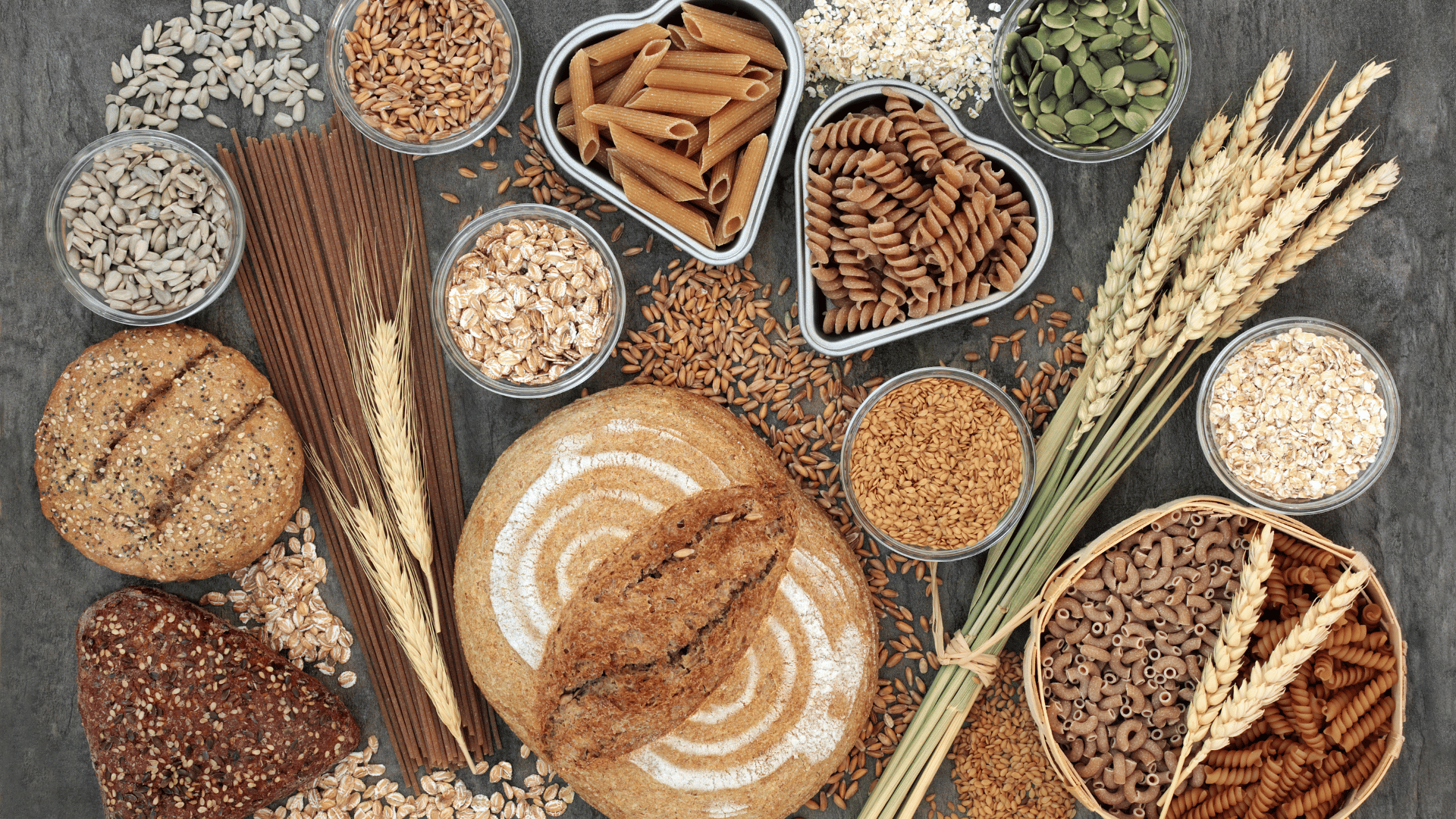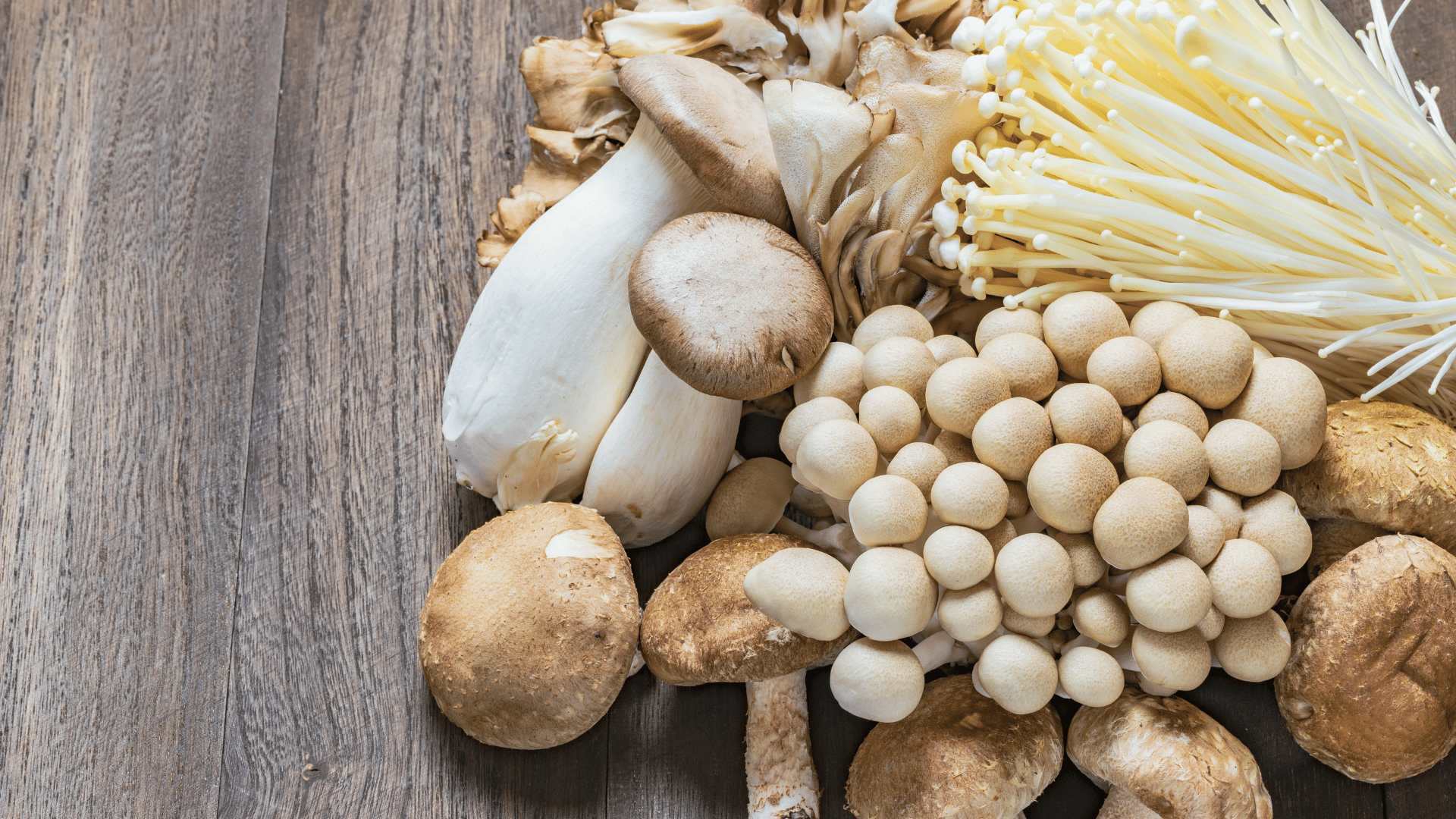about
Diet
Different Functions of Diet
Dietary choices are crucial. Different vegetables contain various phytochemicals, mushrooms and wood ear fungus are rich in polysaccharides, whole grains and root vegetables are high in dietary fiber, while fish, chicken, eggs, soy products, and dairy are rich sources of protein. All of these can strengthen the immune system, with fish being rich in Omega-3 fatty acids, which have anti-inflammatory properties. In summary, eating more whole foods and less processed foods, coupled with a strong immune system, naturally provides the ability to combat cancer.
Insulin and Cancer
Balanced Diet
The Ministry of Health and Welfare’s “Daily Dietary Guidelines” propose:
Whole grains and miscellaneous grains: 1.5-4 bowls, providing vitamins, minerals, dietary fiber, and beneficial phytochemicals for health.
Legumes, fish, eggs, and meat: 3-8 servings, rich in protein, aiding in energy provision and tissue repair.
Dairy products: 1.5-2 cups, supplying protein and calcium, supporting energy and promoting growth.
Vegetables: 3-5 servings, offering vitamins, minerals, dietary fiber, and phytochemicals.
Fruits: 2-4 servings, providing vitamins, minerals, and dietary fiber.
Fats and oils: 3-7 teaspoons, supplying energy, maintaining skin health, serving as a component of cell membranes, and aiding in the absorption of fat-soluble vitamins.
Nuts and seeds: 1 serving, containing rich fatty acids.
These guidelines emphasize the importance of a diverse and balanced diet to ensure optimal nutrition.
Mediterranean Diet
Key features of the Mediterranean diet include:
1. Plant-Based Foods: Emphasizing the consumption of plant-based foods.
2. Use of Olive Oil and Nuts: Preferring unsaturated fats while limiting saturated and trans fats.
3. Selection of Whole Grain Carbohydrates: Choosing whole grains like brown rice, whole-grain bread, and oats, rich in dietary fiber and nutrients.
4. Limitation of Red and Processed Meat: Reducing saturated fat intake by opting for chicken, fish, or legumes.
5. Increased Consumption of Fish and Seafood: Abundant in omega-3 fatty acids, supporting cardiovascular health.
6. Daily Intake of Dairy Products: Prioritizing fermented dairy products for a balanced gut microbiome.
7. Use of Herbs and Spices Instead of Salt: Opting for herbs and aromatic spices to reduce salt intake.
These characteristics contribute to the diet’s reputation for promoting overall health and well-being. https://npower.heho.com.tw/archives/300077
Harvard Vegetable Soup
Vegetables contain various phytochemicals that help combat free radicals, activate T cells, NK cells, macrophages attacking cancer cells, and improve chronic inflammation.
When making vegetable soup, it is advisable not to peel the vegetables because the skins contain more phytochemicals than the flesh. You can enhance the flavor by adding ingredients like beefsteak tomatoes, mushrooms, and wood ear fungus. If you want to include leafy greens or easily cooked vegetables, add a cup of water when the electric cooker jumps up, and then add them. Remember to drink the soup as many nutrients remain in the broth.
Cruciferous Vegetables
Cruciferous vegetables are renowned as anticancer vegetables. This is because they contain “glucosinolates,” which, when chewed, break down into two compounds: indole-3-carbinol and isothiocyanates. These compounds can inhibit carcinogens, protect cells, and contribute to cancer prevention, metastasis inhibition, and tumor blood vessel suppression. Well-known cruciferous vegetables include cauliflower, cabbage, bok choy, rapeseed, and kale.
https://reurl.cc/lQ9W2Q
Vitality Soup (Green Latte)
Commonly added vegetables include broccoli, baby kale, cabbage, rapeseed, bok choy, and spinach [preferably emphasizing cruciferous vegetables]. Additionally, if you wish to avoid an overly strong vegetable taste, you can add turmeric powder, pepper (a small amount to complement turmeric), soy peptides, yam sesame powder, a small quantity of nuts. If you desire to add some sweetness without making it too sweet, consider including fruits such as apples or guavas.
Dietary Fiber
Dietary fiber has various benefits for the human body, including alleviating constipation, maintaining intestinal health, preventing colorectal cancer, controlling weight, and stabilizing blood sugar.
https://health.ltn.com.tw/article/breakingnews/4165206
Polysaccharides
Consider incorporating the following foods into your diet:
1. Various Mushrooms: Different mushrooms contain distinct polysaccharides with varying benefits. Shiitake mushrooms, for example, contain Lentinan, a polysaccharide known to lower cholesterol, inhibit cancer cell growth, and enhance immune cell activity. Monkey head mushrooms contain specific components in their polysaccharides that strengthen immune cells, prevent malignant tumors, and improve gastrointestinal function, reducing fatigue.
2. Lingzhi (Reishi) Mushroom: Polysaccharides in Lingzhi contribute to liver protection, anti-allergic effects, and the regulation of cholesterol, blood sugar, and blood pressure. Additionally, they activate immune cells, promoting overall immune system function.
3. Tremella (Silver Ear) Mushroom: Polysaccharides in Tremella mushrooms offer hydrating and beautifying properties. They help regulate intestinal function, alleviating constipation.
Incorporating these foods into your diet can provide various health benefits associated with polysaccharides.


